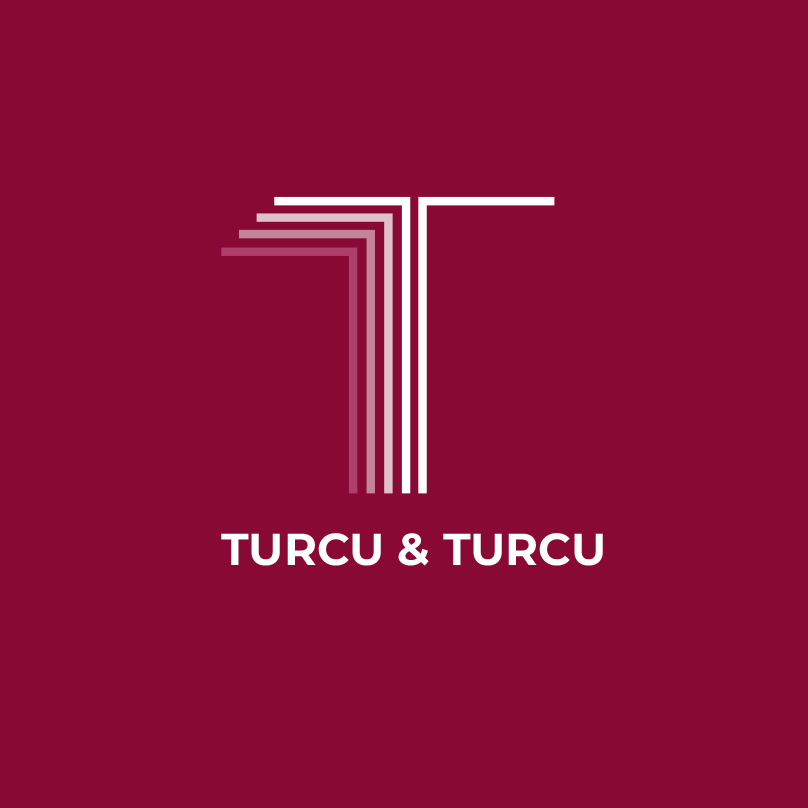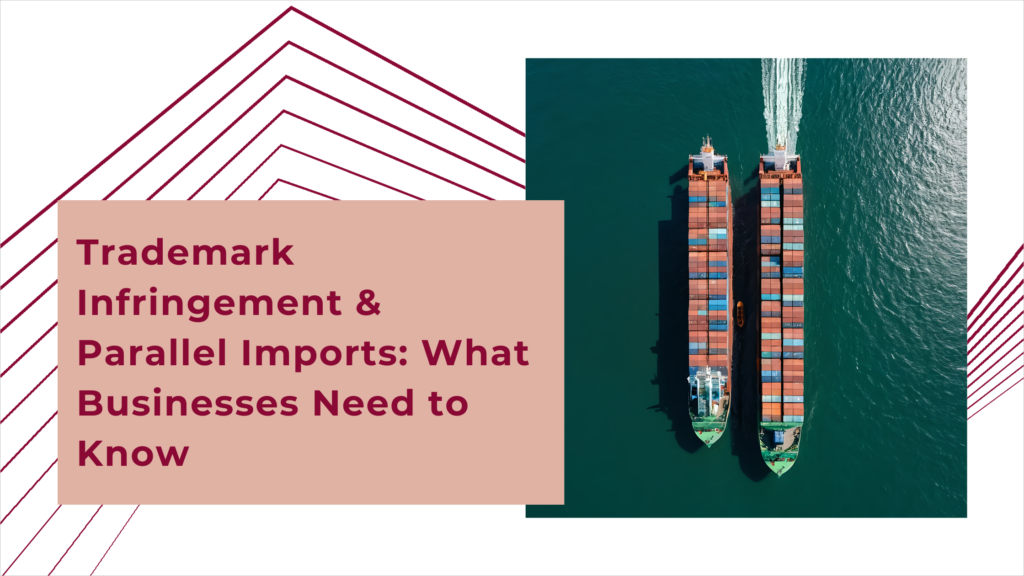Published in the Romanian Journal of Intellectual Property Law (Revista Română de Dreptul Proprietății Intelectuale), Year II, No. 1 (2), 2005, the article titled “Trademark Infringement through ‘Parallel Imports’ and the Exhaustion of Trademark Rights”, authored by Gabriel Turcu, explores the legal implications of unauthorized parallel trade within the framework of trademark protection. The article provides a thorough legal and jurisprudential analysis of the concept of trademark exhaustion and how it relates to the circulation of genuine goods across different markets, addressing both national and European case law.
TRADEMARK INFRINGEMENT THROUGH “PARALLEL IMPORTS” AND THE EXHAUSTION OF TRADEMARK RIGHTS
Gabriel Turcu
Romanian Journal of Intellectual Property Law, Year II, No. 1 (2), 2005
The institution of trademark rights exhaustion (both national and Community) has generated and continues to generate numerous debates, both theoretical and practical. One of the most sensitive legal issues concerning the scope of the exclusive right of the trademark owner remains that of “parallel imports.” These refer to commercial operations consisting in the introduction onto the market of a country of original products (i.e., genuine products) without the trademark owner’s consent.
The issue of the legality or illegality of parallel imports, viewed from the perspective of the exhaustion of trademark rights, is not only of interest to specialists in the field of intellectual property but also to economic operators who, often unknowingly, engage in this type of trade. The consequences can be serious: the possibility of being sued for trademark infringement, the risk of paying damages, seizure of goods, and disruption of commercial operations.
The exclusive right conferred by the trademark consists, in particular, in the right of the trademark owner to prevent third parties from using the mark in the course of trade, especially to prohibit the import, offer for sale, or commercialization of products bearing the mark. However, this right is not absolute — its exercise is limited by the principle of exhaustion.
According to this principle, once a product has been placed on the market by the trademark owner (or with their consent), they can no longer oppose the further commercialization of that product in the same market. The rationale behind this limitation lies in balancing the rights of the trademark owner with the need to ensure free movement of goods.
In Romanian law, the principle of exhaustion is governed by the Law on Trademarks and Geographical Indications (Law No. 84/1998). According to Article 36, the trademark owner cannot prohibit the use of the trademark for goods that have been placed on the market under that trademark by the owner or with their consent.
At the European level, the principle is enshrined in Directive 89/104/EEC and has been interpreted by the Court of Justice of the European Communities in numerous rulings (e.g., Silhouette, Davidoff, Zino Davidoff, etc.). These decisions have clarified the conditions under which exhaustion occurs and the exceptions that may justify opposition by the trademark owner.
A particularly important aspect discussed by the ECJ is the territorial nature of exhaustion. Within the European Economic Area (EEA), once the product has been lawfully placed on the market, the trademark right is considered exhausted throughout the EEA. However, products marketed outside the EEA do not trigger exhaustion — even if they are genuine — unless the trademark owner has explicitly or implicitly consented to their commercialization in the EEA.
Thus, parallel imports from outside the EEA are generally prohibited, and the trademark owner can invoke their exclusive right to stop such operations.
In Romania, both case law and administrative practice have largely aligned with the European interpretation, although there have been occasional inconsistent rulings. For example, Romanian courts have had to determine whether the importation of genuine pharmaceutical products from non-EEA countries, without the trademark owner’s consent, constituted an infringement. In most cases, the answer was affirmative.
To assess whether the trademark right has been exhausted, courts must examine whether the products were placed on the market by the right holder or with their consent, whether the commercialization took place within the EEA, and whether the importer acted in good faith.
In conclusion, although parallel imports concern genuine goods, their legality is strictly determined by the principle of trademark exhaustion and its territorial application. For businesses involved in import/export activities, understanding this legal framework is essential to avoid liability and ensure compliance with intellectual property laws.

